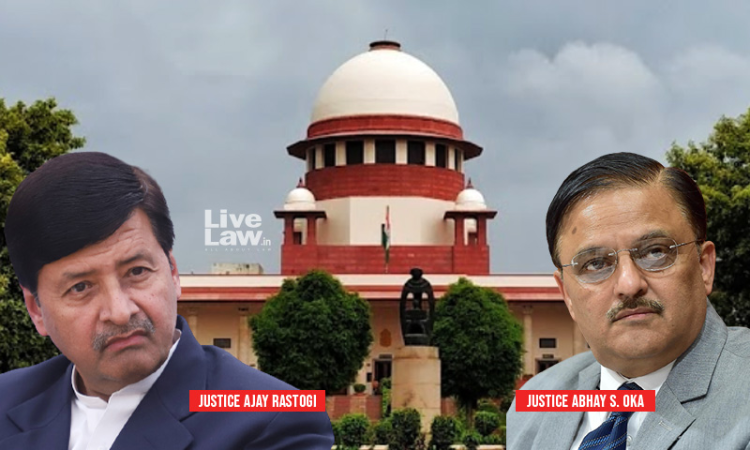Highest Bidder Has No Vested Right To Have The Public Auction Concluded In His Favour: Supreme Court
LIVELAW NEWS NETWORK
2 March 2022 10:02 PM IST

Next Story
2 March 2022 10:02 PM IST
The Supreme Court observed that the highest bidder has no vested right to have the auction concluded in his favour.The acceptance of the highest bid or highest bidder is always subject to conditions of holding public auction and the right of the highest bidder is always provisional to be examined in the context in different conditions in which the auction has been held, the bench...
